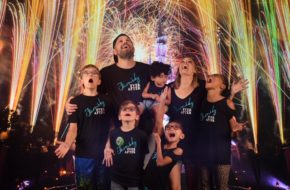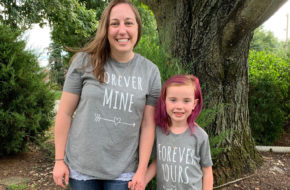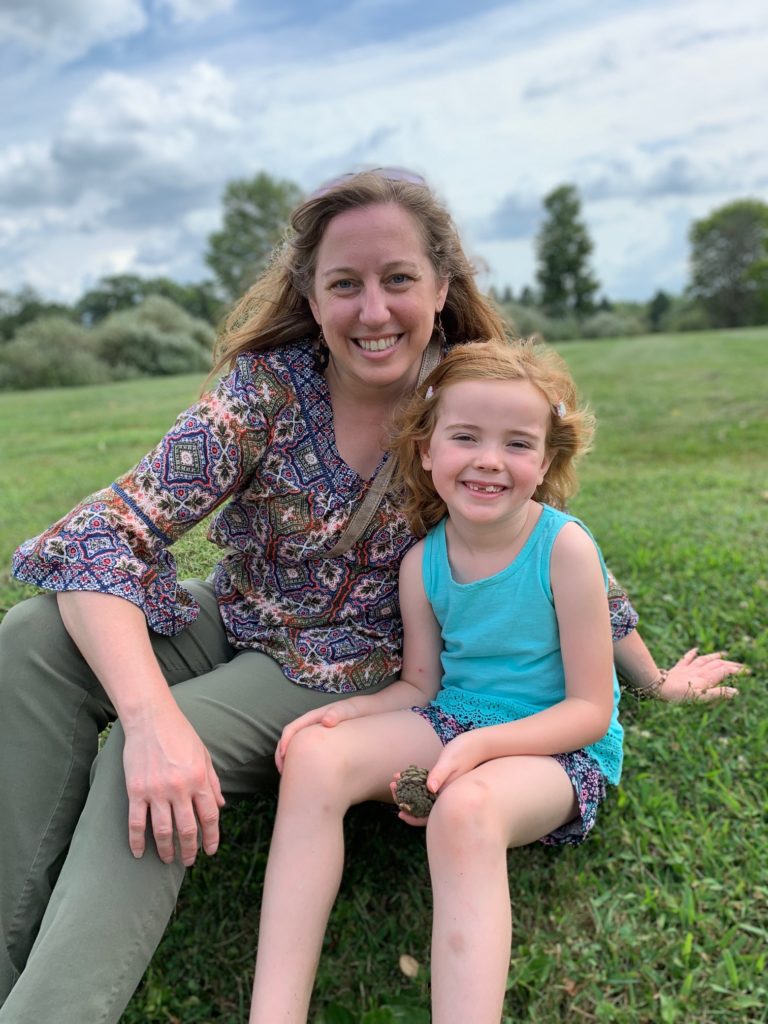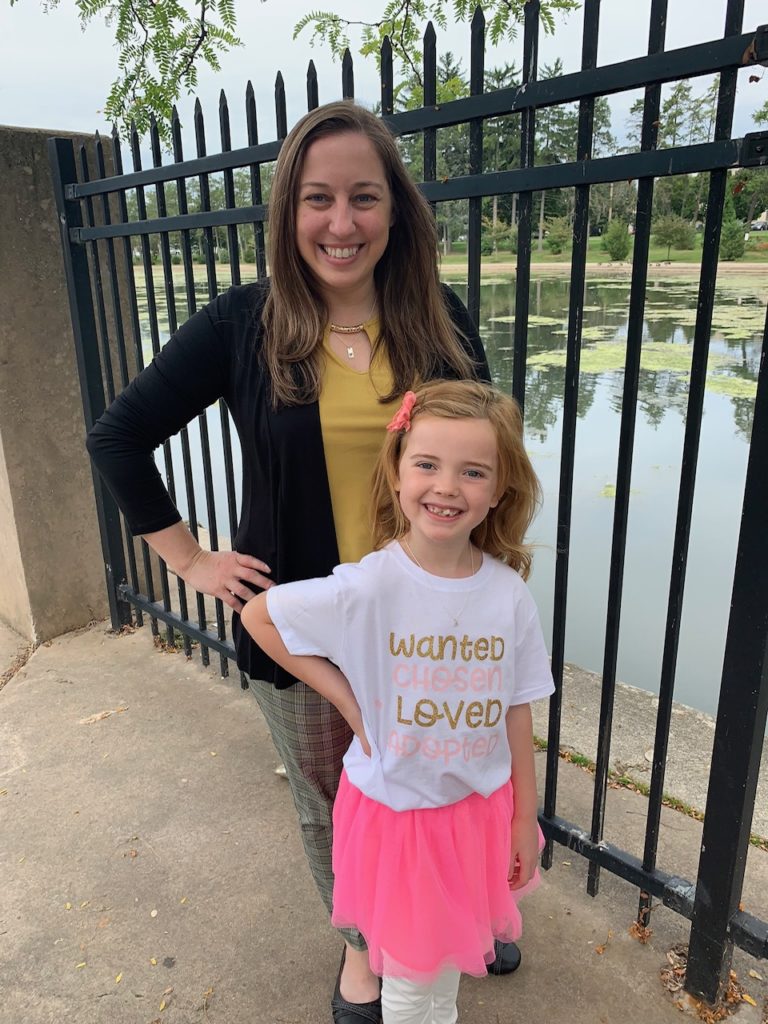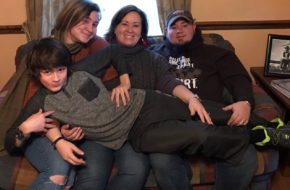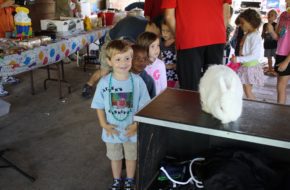Dan and I married 17 years ago, when I was newly out of college. I graduated in December of that year with an education degree. Being mid-school year, it was difficult for me to find a full-time teaching job.
At that time, there was a family from our church adopting a sibling group who needed child care. I became their nanny during the day—my first experience working directly with children in the foster-care system.
I believe God used this experience to foreshadow an intended story, one very different from Dan’s and my own plans.
They were great kids and I loved my time with them. In the evenings, Dan and I would have conversations about doing something similar, welcoming a sibling group into our home someday.
We decided to start a family but five years passed before I became pregnant with our first son. Because of continuing challenges with conception, we believed God was telling us to close that door.
We moved on and started to consider adoption again. We researched, prayed and both felt called by God to foster a sibling group. It broke our hearts to hear about siblings not being able to be together. Both Dan and I had siblings growing up and are still close to them. We went through classes, interviews and a home study. After that home study, I apologized to Dan for being cranky and exhausted. It turns out I was pregnant with our second son.
God had pressed the pause button on foster care.
After our second son was born, we moved to Pennsylvania so Dan could finish his dissertation and earn his doctorate. Once settled, we felt God was telling us to press “un-pause” and we did. We included the boys in our conversations about fostering siblings and possible adoption.
They were excited about it.
We have friends at church with four kids, three of whom became part of the family through foster-adopt with Diakon Adoption & Foster Care, so we reached out to Diakon to begin classes.
We planned to seek two foster two girls, no older than 5. We got several phone calls over six months. During that time, one of those phone calls was to provide respite care for a sibling group of three, two girls and a boy, ages 6 through 18 months. It was just for five days, so we said sure!
The way they interacted with our boys showed us that limiting our foster-care choice to under age 5 wasn’t necessary (another nudge from God to allow Him to write our story).
After that respite placement, we contacted Diakon and increased our age limit. Shortly after that, we received a phone call about two girls, ages 7 and 3. They are now our adopted daughters.
Yet God’s story had another unexpected chapter. A Diakon adoption specialist contacted us nearly two years later and told us the girls’ birth mother was pregnant again and asked us to be a resource family for this newborn. How could we resist? Their baby brother was born and he is now our adopted son.
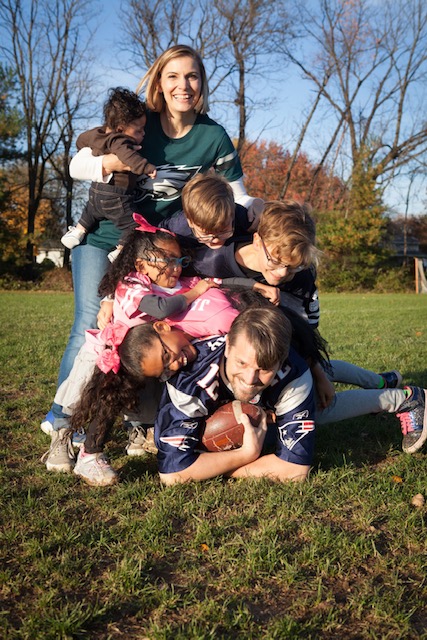
God just wrote our story so perfectly. Flexibility is so important. We learned it wasn’t about us growing our family; it was about meeting the needs of these kids.
We learned not to try to control every detail and to allow God to direct us. That story is so much better than how you might want to write it yourself.
—Trista Herrlin

